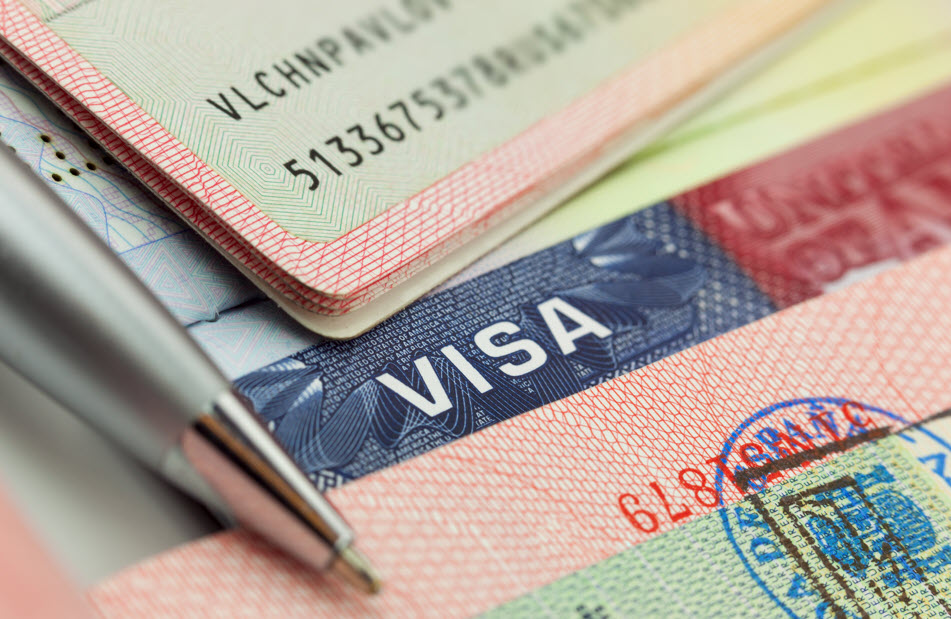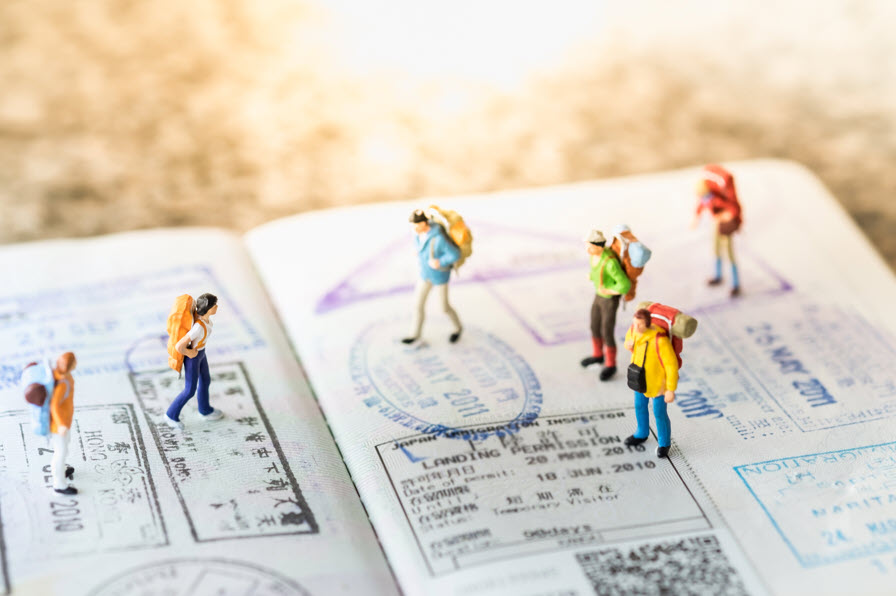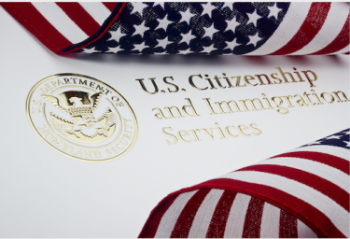Immigrants must go through several steps to gain U.S. citizenship, with the entire process taking up to a year or longer to complete. The following are details about each stage.

1. Determining Eligibility
Before becoming American citizens, immigrants must obtain permanent resident status and a green card. Once the immigrant has lived in the U.S. as a lawful permanent resident (LPR) for five consecutive years, they can begin applying for citizenship.
To become eligible for citizenship, immigrants must meet requirements, including:
- Being at least 18 years of age
- Able to read, write, and speak basic English
- Being of good moral character
- Having an understanding of the basics of U.S. history and government
- Showing an understanding of the U.S. Constitution and the principles behind it
- Taking an oath of allegiance to the U.S.
2. Applying for Naturalization
Once an immigrant becomes eligible, he or she can apply for naturalization that grants them citizenship. This will entail sending an application form to U.S. Citizenship and Immigration Services (USCIS), along with an application fee.
3. Undergoing Biometrics Screening
When applying for citizenship, applicants will need to have their photographs and fingerprints taken before the Department of Justice (DOJ), Federal Bureau of Investigation (FBI), and the Department of Homeland Security (DHS) complete background checks and cross-checks.
4. Speaking With USCIS Officers in an Interview
After biometric data is captured, USCIS officers will interview citizenship applicants to learn about their character, background, knowledge, and understanding of the U.S. government and Constitution, and the applicant’s willingness to take an oath of allegiance.
5. Completing and Pass Civics and English Tests
Over the course of the interview, USCIS officers will gauge the applicant’s ability to speak, read, and write English, along with the applicant’s knowledge and comprehension of American government and history.
However, some applicants may not need to take these tests due to their age, disabilities, or the length of their permanent residency.
6. Taking the Oath of Allegiance
After the exams and the interview are completed, applicants will need to take an oath of allegiance to the U.S. They will do so by attending a public ceremony. After taking this oath, the individual is now a U.S. citizen.
For more information about this process and help navigating it, it may be in citizenship applicants’ best interests to speak with an immigration lawyer in Chicago.
Completing this entire process will help qualifying immigrants to become U.S. citizens.







